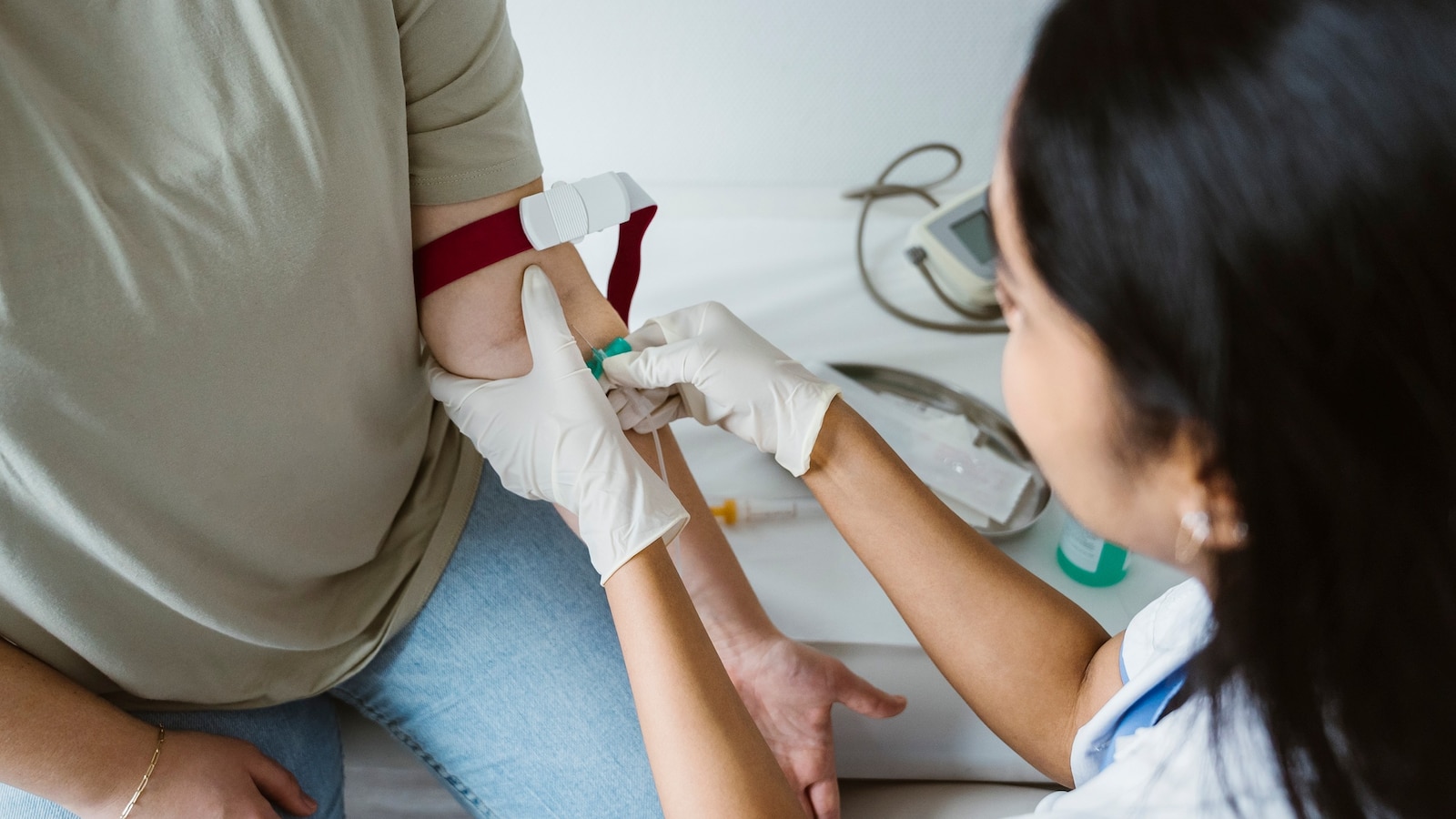Diagnosing Long COVID: Current Blood Tests Fall Short
Long COVID, a condition characterized by lingering symptoms after a COVID-19 infection, affects millions worldwide. Despite its prevalence, accurately diagnosing long COVID remains a challenge. A recent study published in the Annals of Internal Medicine sheds light on this issue, exploring the potential of routine blood tests to identify the condition.
Study Design and Findings
The study enrolled over 10,000 adults from the National Institutes of Health’s RECOVER Adult Cohort, with more than 8,700 participants having had a prior COVID-19 infection. They underwent a comprehensive set of tests, including blood and urine examinations, to assess for potential biomarkers of long COVID.
The researchers examined a range of biomarkers, including platelet counts, protein levels in urine, and others. However, their analysis revealed “markedly few differences” between individuals with prior COVID infection and those without.
One notable finding was the detection of slightly elevated levels of HbA1c, a measure of average blood sugar levels, in individuals with a history of COVID-19 infection. However, these differences disappeared when those with pre-existing diabetes were excluded from the analysis.
Similarly, the study found elevated uACR, indicating kidney damage, in a small subgroup of long COVID patients. However, the researchers suggested that this damage may have occurred during the initial infection rather than being a long-term consequence.
Implications for Diagnosis
The findings of this study suggest that current routine blood tests are not reliable for diagnosing long COVID. The lack of significant differences in biomarkers between long COVID patients and those without the condition highlights the need for further research to identify more accurate diagnostic measures.
Future Directions
The researchers acknowledge the limitations of their study, which focused on routine laboratory tests. They emphasize the importance of exploring more novel laboratory-based tests using samples from the RECOVER cohort, such as blood and spinal fluid, to better understand the pathophysiology of long COVID.
Conclusion
While the search for reliable biomarkers for long COVID continues, this study underscores the limitations of current blood tests. Further research is crucial to develop more accurate diagnostic tools to enable timely and appropriate care for individuals struggling with this complex condition.



